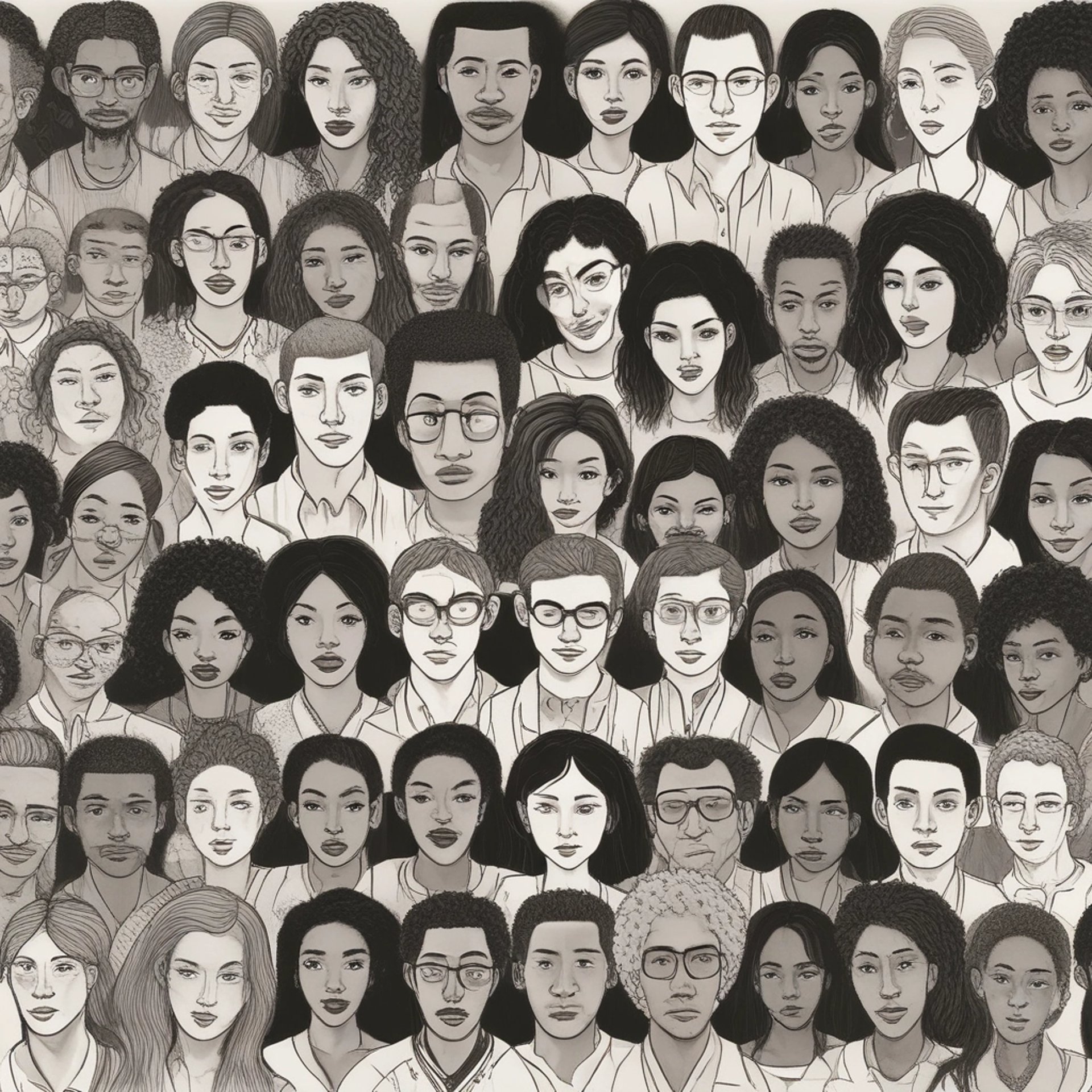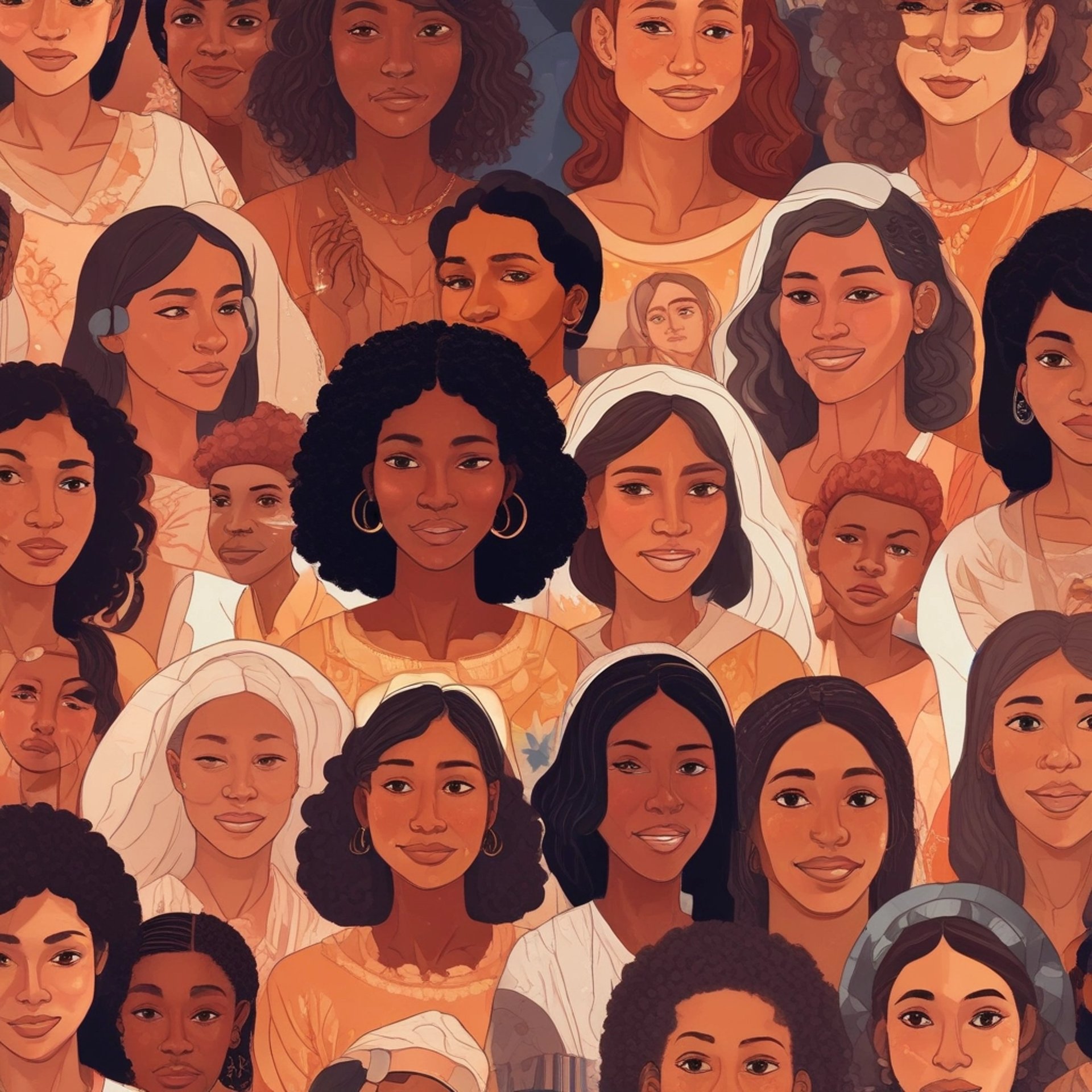Explore the Platform
Learn & Explore
Learn to Code
Statistics & Methods
Bioinformatics Tools
BBMH Codes
Free Play (exploratory projects)
FunCode Apps
News & Analysis
Hope & Survival
Contact/Services
Build & Play
Apply & Engage
Project to Improve Black Maternal Health Through Leveraging Bioinformatics, Public Health and AI.
This website is dedicated to transforming research insights into practical tools that promote better outcomes for all birthing people—especially Black birthing people. It will distill findings from leading professional organizations into accessible, easy-to-understand content. The site will highlight how public health and epidemiology strategies can be applied to improve survival rates for Black babies, with broader benefits for all infants. Visitors will also have the opportunity to explore introductory resources on programming languages, bioinformatics tools, and basic statistics—ideal for those considering a future in related fields. A secondary goal is to teach coding skills to people over 40, but all ages are welcome. Learning new skills will stimulate multiple regions of the brain helping to keep one sharp and fresh as we beautifully age.
If you need help, call or text 1-833-852-6262 before, during or after pregnancy.

The Spillover Effect
If you are unsure of how closing the health disparities gap may affect you, look into the Spillover Effect. There may be questions about the way the information below is organized, but at this point, it's a reflection of who benefits most in society. Let me give you some basic examples to help you connect. Read the connection that best fits your perceived description:
I am a White man - Black women were underdiagnosed for strokes and heart attacks. Over time, data was compiled on the symptoms being presented primarily by Black women. These additional symptoms led to an expanded list of things physicians look for in all patients. White men benefitted from improved detection due to more sensitive tools being developed. White men are now able to get expedited accurate diagnoses. Improving equity for a minority group improves the overall healthcare system, which will benefit White men the most.
I am a White woman - White women generally receive more favorable treatment in healthcare, criminal justice, employment, education, and social perception than most other groups except White men. Let that awareness sink in and allow defensiveness to fall away. Defensiveness will be a deterrent to solidarity. As birthing people, I hope you stand in solidarity with all women in the fight to improve maternal health outcomes. Every advancement in testing, treatment, and monitoring for Black women contributes not only to healthier pregnancies and births for them but also to healthier outcomes for all birthing people, including you and your children. One of the most significant barriers to improving Black maternal health is communication—an area that can be addressed through comprehensive unconscious bias training. When medical professionals are trained to recognize and mitigate bias, they become better equipped to listen, respond, and tailor care to meet the unique needs and goals of every patient. Expanding treatment options, enhancing trust, and improving communication for Black women ultimately broadens and improves care for White women.
I am a Black/Asian/Latino/Indian/Pacific Islander/African/Middle Eastern man - Ideally, this example would not be necessary, as it is rooted in the lived experiences of those who have endured disparities in healthcare. However, when needed, it demonstrates that men from racially marginalized groups also benefit from increased cultural competency in the medical field. Improvements in the quality of care for Black women often signal that systemic issues have been identified and addressed. As a result, men from these communities are more likely to experience healthier families, reduced financial strain, and improved access to high-quality care for themselves.
I am a Black/Asian/Latino/Indian/Pacific Islander/African/Middle Eastern woman - Improving maternal health must be a shared priority among all women, particularly women of color. Supporting the global goal of advancing maternal care is not just an act of solidarity—it is a pathway to better health outcomes for all birthing people. Every innovation, policy change, or clinical advancement that improves conditions for one group has the potential to uplift the entire maternal care system. We can no longer allow division—whether in speech or in spirit—to stand between us. The persistent disparities in maternal healthcare, especially those affecting Black women, are part of a larger, systemic issue that touches everyone. When we close these gaps, we strengthen the quality of care by improving medical technologies, expanding clinical education, and enhancing the competency of healthcare providers. Too many women continue to die from preventable pregnancy-related complications. According to the World Health Organization, these include excessive bleeding, high blood pressure, infections, obstructed labor, unsafe abortions, cardiovascular disease, and intimate partner violence. By advocating for international standards of care—including access to life-saving medications, protocols to manage hemorrhage and eclampsia, improved hygiene practices, and better tools for prenatal, intrapartum, and postpartum monitoring, especially for Black women—we are championing a healthcare system that is safer, more just, and more effective for everyone. I can accept that women from other disparate groups sometimes feel that Black women are getting more attention. For Black women, it is not about attention and not about just considering ourselves. The fight is to improve outcomes for every woman on the planet. When Black women receive better maternal care, all women benefit. Health equity is not a zero-sum goal—it is a collective advancement.

Dig Deeper
I have no affiliation with any of the organizations listed below. I believe in their work and their ability to help birthing people.
If you are in need of digestible information or are already inspired to help, reach out to organizations such as:
If you are already inspired to read more U.S. policies, scholarly articles and data, explore websites such as:
If you are already inspired to read more international policies, scholarly articles and data, explore websites such as:
